Market Update: June 3 – Trade Talks and Economic Developments
U.S. stock markets showed positive movement this afternoon as the deadline approaches for countries to present their trade deals to the United States, amidst ongoing tensions in U.S.-China trade relations.
The S&P 500 has increased by 4.76 points, or 0.09%, reaching 5,940.75. The Dow Jones Industrial Average saw a rise of 29.48 points, also 0.09%, to 42,330.95, while the Nasdaq Composite gained 36.32 points, or 0.19%, reaching 19,275.09.
These trade discussions come just five weeks ahead of a self-imposed deadline for finalizing deals, with both the U.S. and China trading accusations of breaches regarding their temporary trade agreement.
In the UK, the FTSE 100 index rose by 18 points, or 0.2%, reaching 8,792.5, while the FTSE 250, which focuses on domestic companies, climbed 19 points or 0.09%, to 21,047.06.
The British pound decreased by 0.2% against the U.S. dollar, trading at $1.352.
Brent Crude oil prices increased by 1.22% to $65.41 today as the OPEC+ coalition maintained a lower-than-expected output increase of 411,000 barrels per day for July. Tensions have escalated following Ukraine’s military actions against Russia, coinciding with ongoing peace talks in Istanbul. Additionally, reports suggest Iran is likely to reject a U.S. nuclear deal proposal, potentially constraining oil supply and increasing prices due to the maintenance of sanctions.
Commodities priced in U.S. dollars became cheaper for international buyers, owing to U.S. dollar weakness.

Pennon, the owner of South West Water, reported an increase in pre-tax losses due to a parasitic outbreak in Devon, with losses reaching £72.7 million for the year ending in March, compared to a £9.1 million loss the previous year. The cryptosporidium outbreak last year in Brixham incurred costs of around £21 million and resulted in hospitalizations as well as numerous reports of illness.
The company has received approval from regulators to implement an increase in water bills as part of a £3.2 billion investment strategy over the next five years.
Andrew Bailey, Governor of the Bank of England, remarked that the rules governing global trade, established post-World War II, have been severely undermined by tariffs introduced under President Trump’s administration. He urged the international community to not disregard the legitimate concerns expressed by the U.S. regarding global trade practices while also calling for a retreat from escalating trade conflicts that could severely disrupt the world economy.
Following a £1.25 billion issuance of 40-year bonds, gilt yields in the UK have experienced a decline due to strong investor demand.
The UK’s 10-year gilt yield fell to 4.611%, marking the lowest level in over three weeks, with bids reaching 3.51 times the offered amount, compared to 2.80 in a previous deal. The decline reflects a broader trend, as concerns about the sustainability of major economies push long-term yields higher.
Market sentiment also shifted following a downturn in China’s manufacturing sector, where factory activity shrank to its lowest level in three years. Consequently, major mining firms such as Anglo American, Antofagasta, Rio Tinto, and Glencore saw declines in their stock prices.
Housebuilders experienced setbacks owing to a profit warning from MJ Gleeson, with companies like Persimmon, Barratt, Redrow, and Taylor Wimpey witnessing losses in their shares.
Conversely, defense contractors BAE Systems and Babcock International recorded gains of 2.32% and 2.17%, respectively, following government commitments to increase defense spending. Centrica’s shares surged by 3.34%.
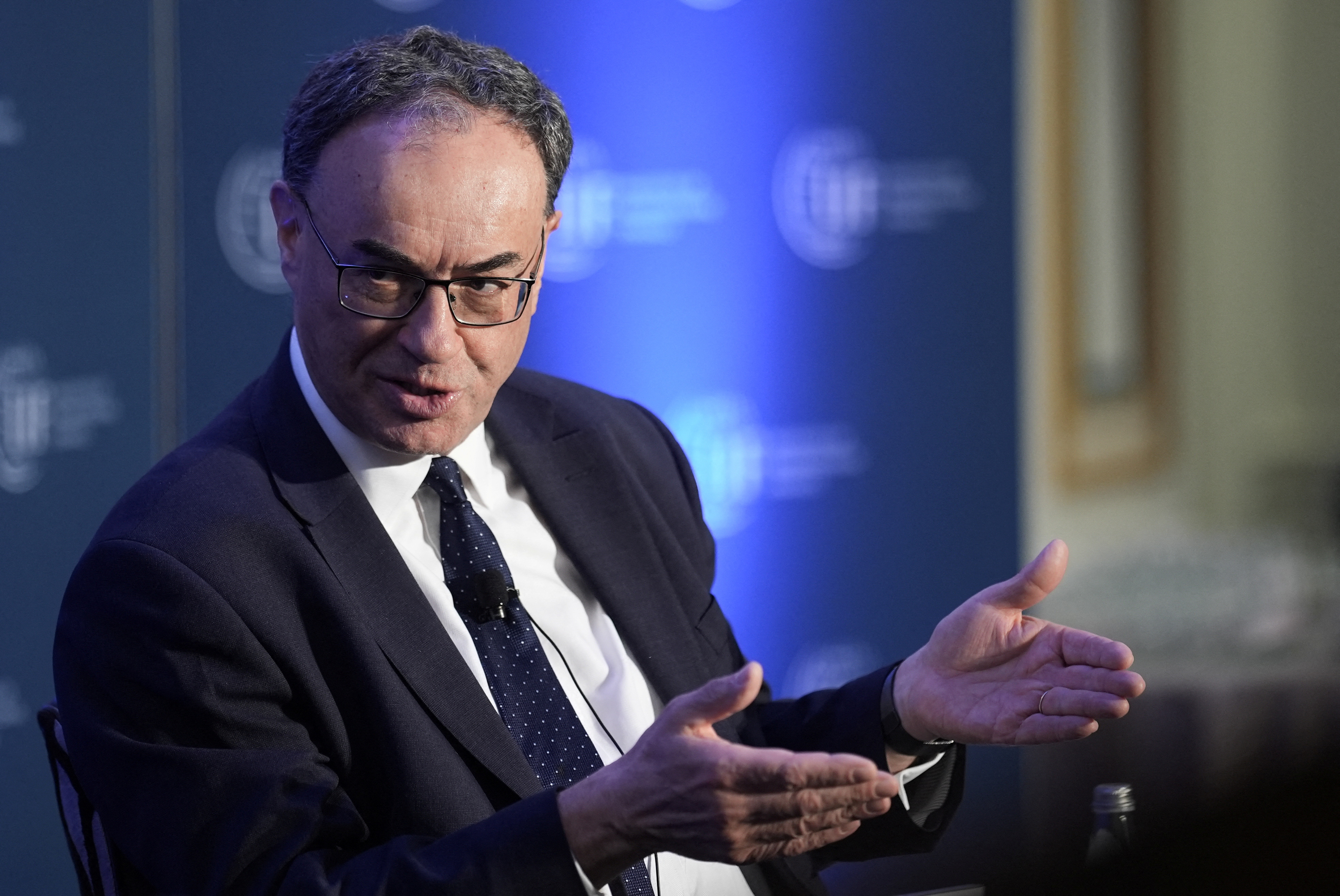
Bailey articulated his opposition to the cessation of the bank ring-fencing arrangement put in place after the financial crisis, expressing that abandoning this structure could adversely affect UK lending.
Meanwhile, he acknowledged that the path for interest rates is likely to trend downwards but refrained from forecasting outcomes for the Bank of England’s upcoming meeting on June 19. Bailey reiterated that while interest rates may decrease over the next year, many external factors, including global trade policies, complicate the decision-making process.
With inflation rates rising to 3.5% in April—the highest since January 2024—more scrutiny is being placed on wage growth, which is seen as crucial for future interest rate adjustments.
The Eurozone saw inflation slow to 1.9% in May, beneath the European Central Bank’s target of 2%, which heightens expectations of potential interest rate cuts in the upcoming ECB meeting.
Consumer price ratings fell from 2.2% in April, driven by energy price reductions and shifts in service prices, leading to rising predictions of continued reductions in ECB interest rates.
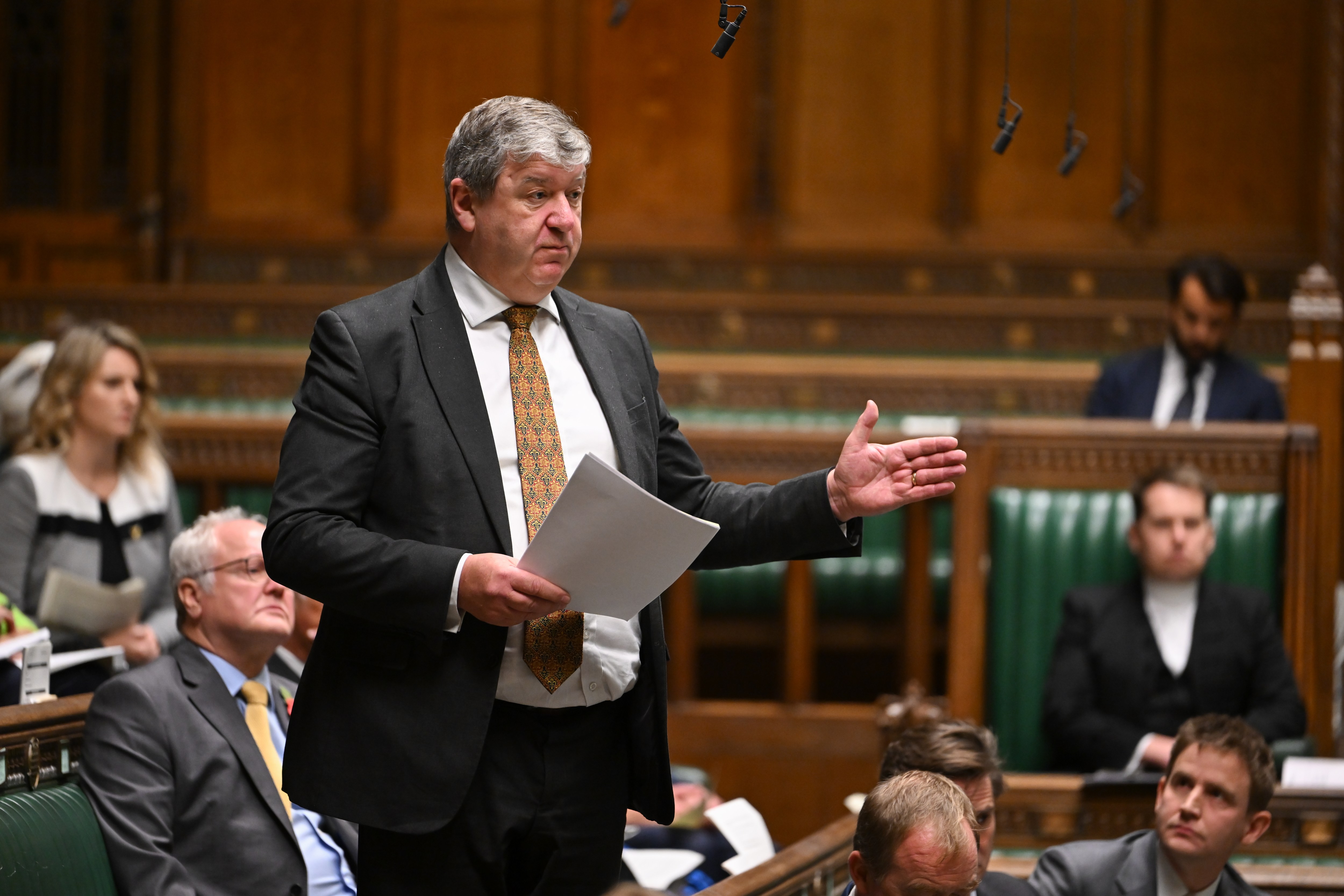
Alistair Carmichael, chair of the Commons environment committee, commented on KKR’s retreat from its Thames Water takeover negotiations, raising concerns over the management of the bidding process which could threaten the company’s financial stability.
A consortium from Scandinavia has proposed a €1.3 billion offer for Dalata, Ireland’s largest hotel group. This bid entails a premium to Dalata’s previous share price prior to their strategic review.
Shares in Dalata have seen a notable increase as discussions continue regarding operational framework agreements with a European hotel operator aimed at strengthening company prospects upon successful deal closure.
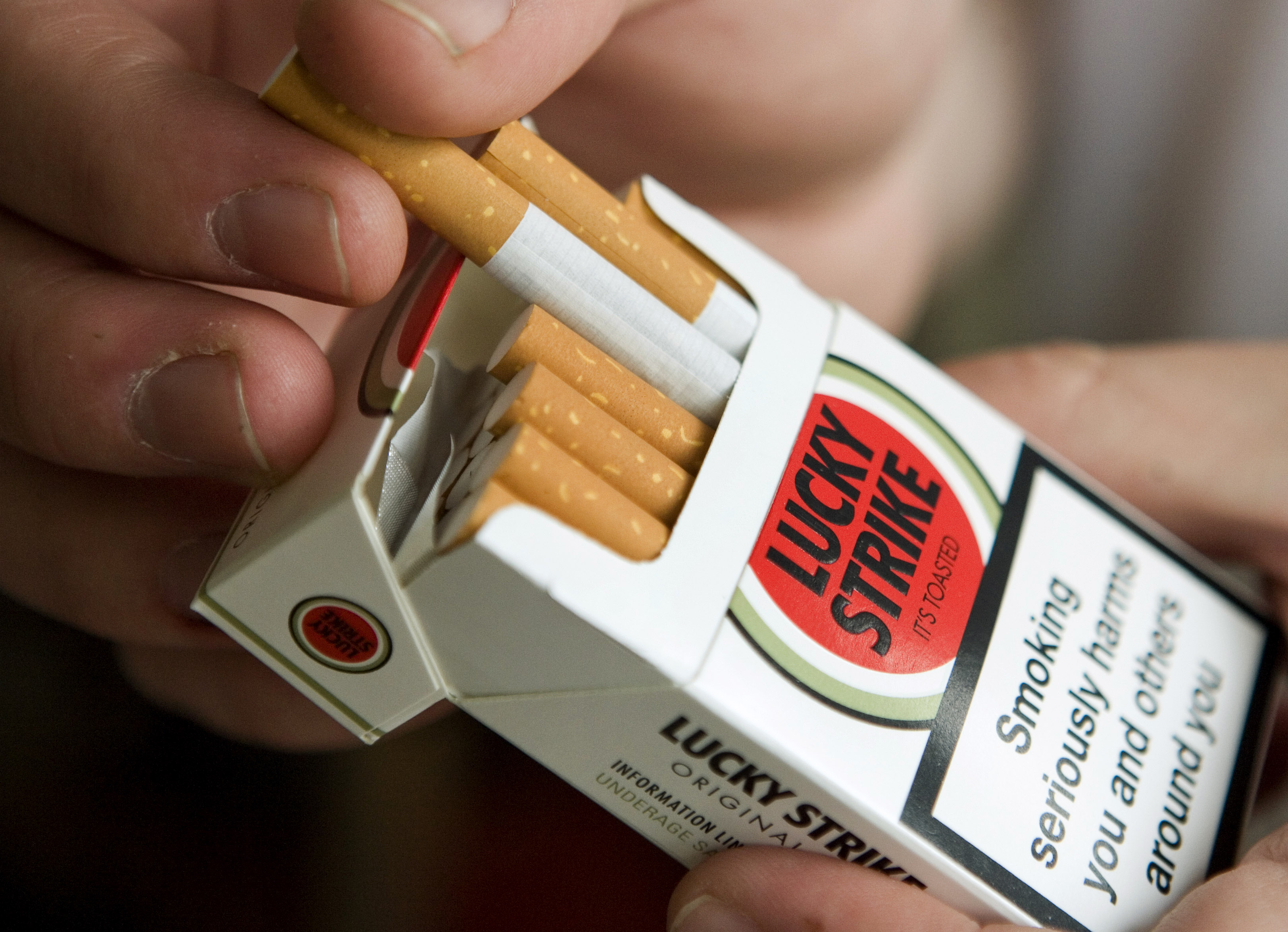
British American Tobacco attributed renewed revenue and profit growth in the U.S. to an uptick in sales, raising their sales growth forecast for the fiscal year.
Despite industry challenges, BAT’s forecasts signify confidence in their product lines, including the successful nicotine pouch brand Velo Plus.
MJ Gleeson experienced a significant drop in stock value following a profit warning, attributing this downturn to rising operational costs and static selling prices.
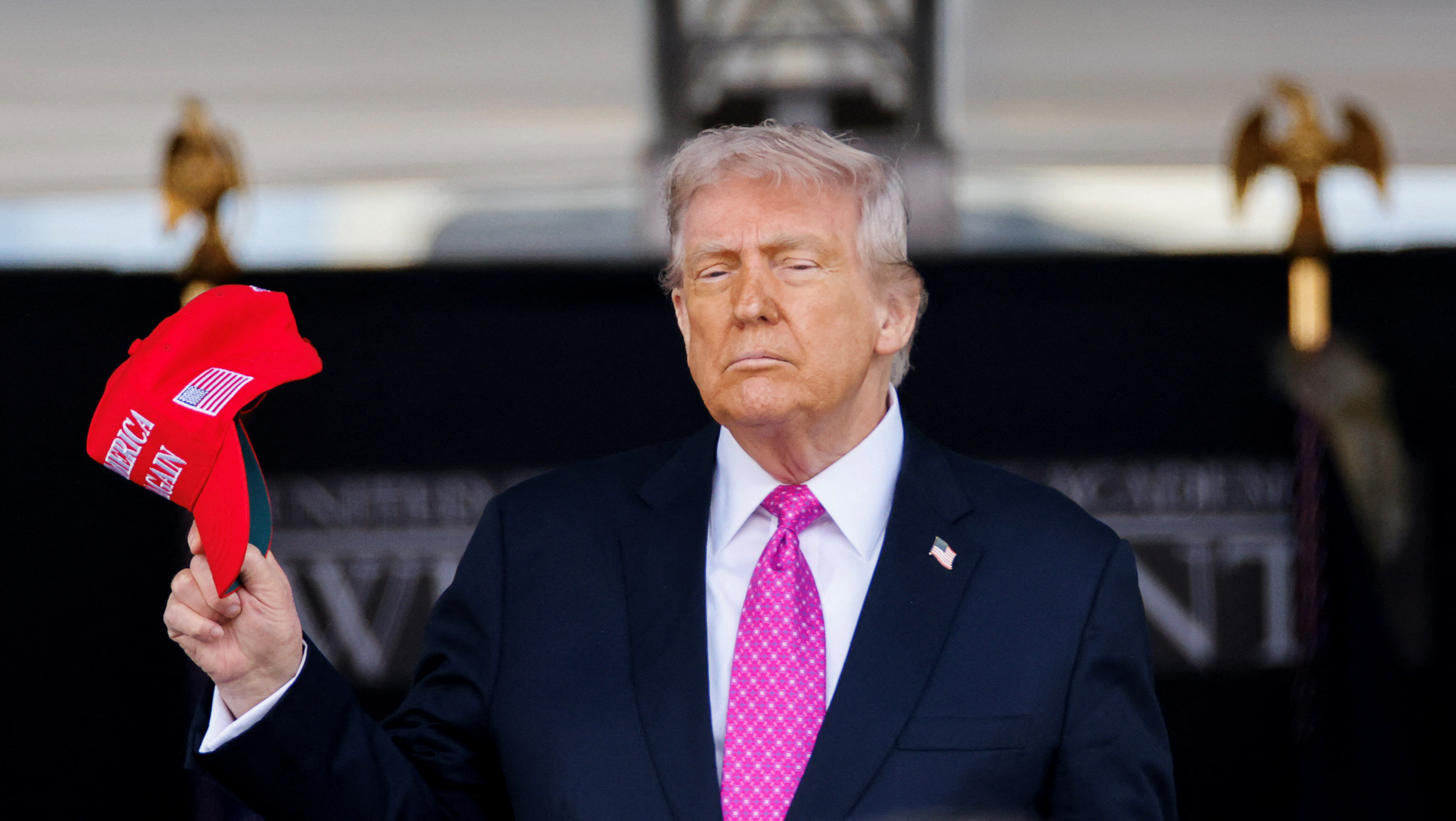
President Trump’s tariff policies continue to invoke discussion about their implications on international trade relations and economic stability, as noted in analysis of his legislative proposals.
The FTSE 100 experienced a slight decline of 11 points, or 0.13%, dropping to 8,762.79.
Amid concerns about China’s manufacturing slowdown, shares in the mining sector felt significant pressure, with major stocks experiencing reductions. However, some stocks did see gains, including Centrica, which led the market today.
Chancellor Rachel Reeves emphasized her commitment to fostering economic growth despite warnings from the OECD regarding potential fiscal constraints.
She outlined several initiatives aimed at bolstering economic conditions and acknowledged the challenges ahead but reassured that strategies are in place for improvement.
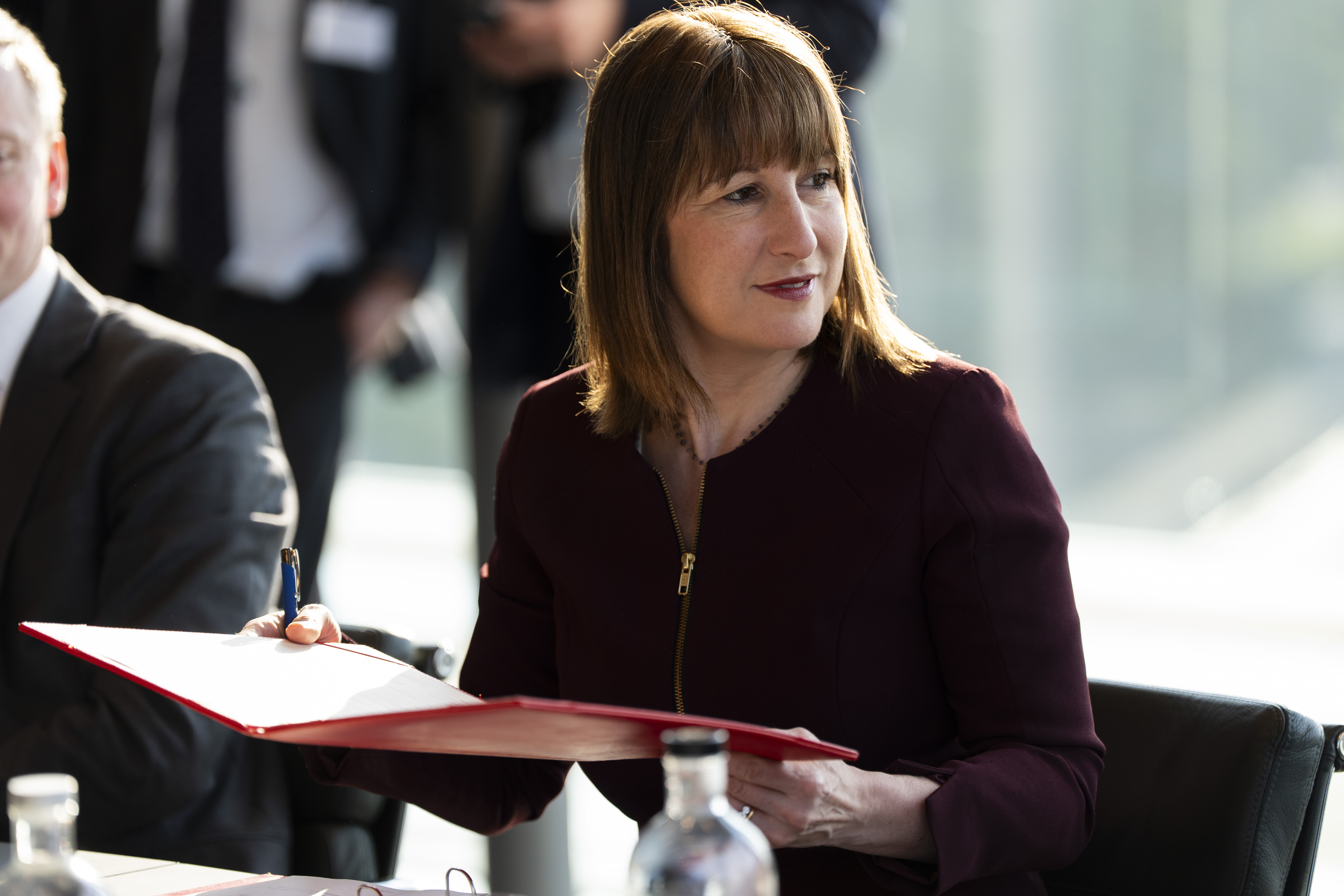
The OECD has downgraded the UK’s growth outlook amidst persistent uncertainties in trade relationships and economic expectations, reflecting a cautious outlook for the upcoming years.
As the situation surrounding Thames Water progresses, KKR’s withdrawal from the takeover talks raises concerns for future governance and financial stability, highlighting the complex landscape facing the utility industry.
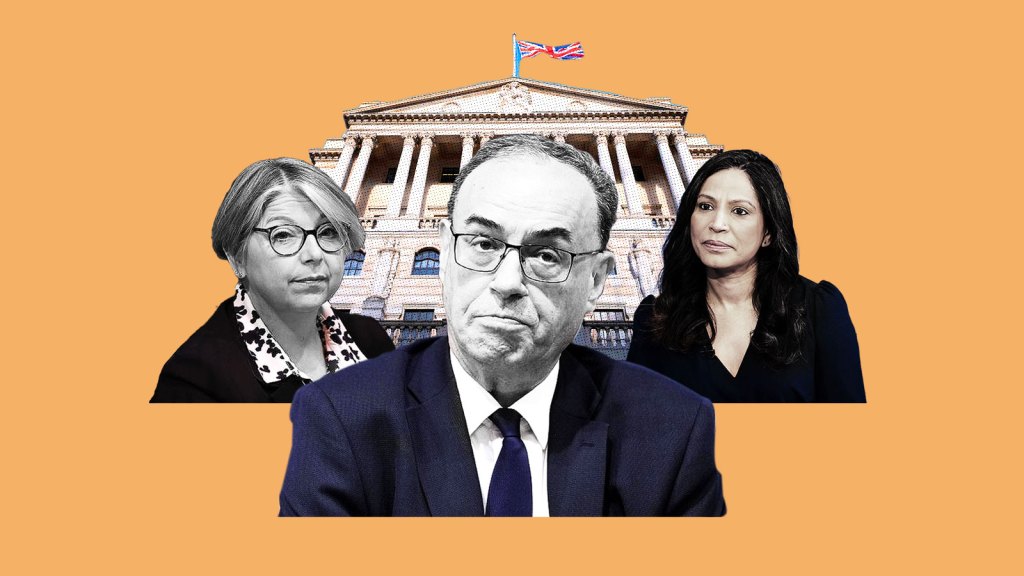



Post Comment